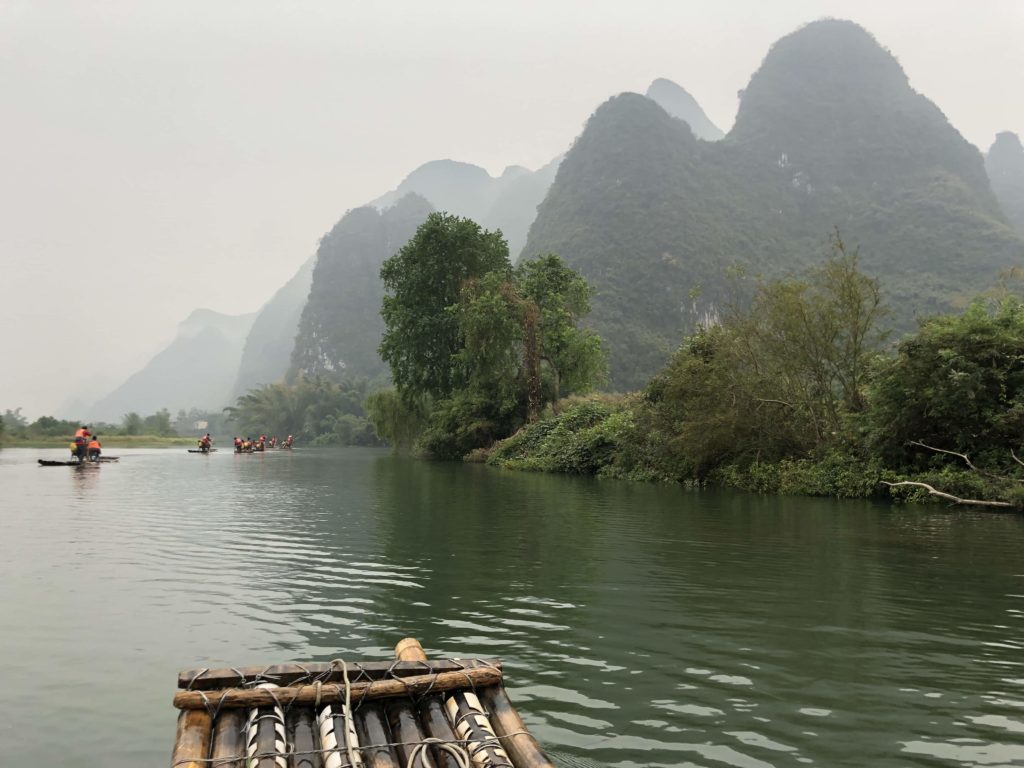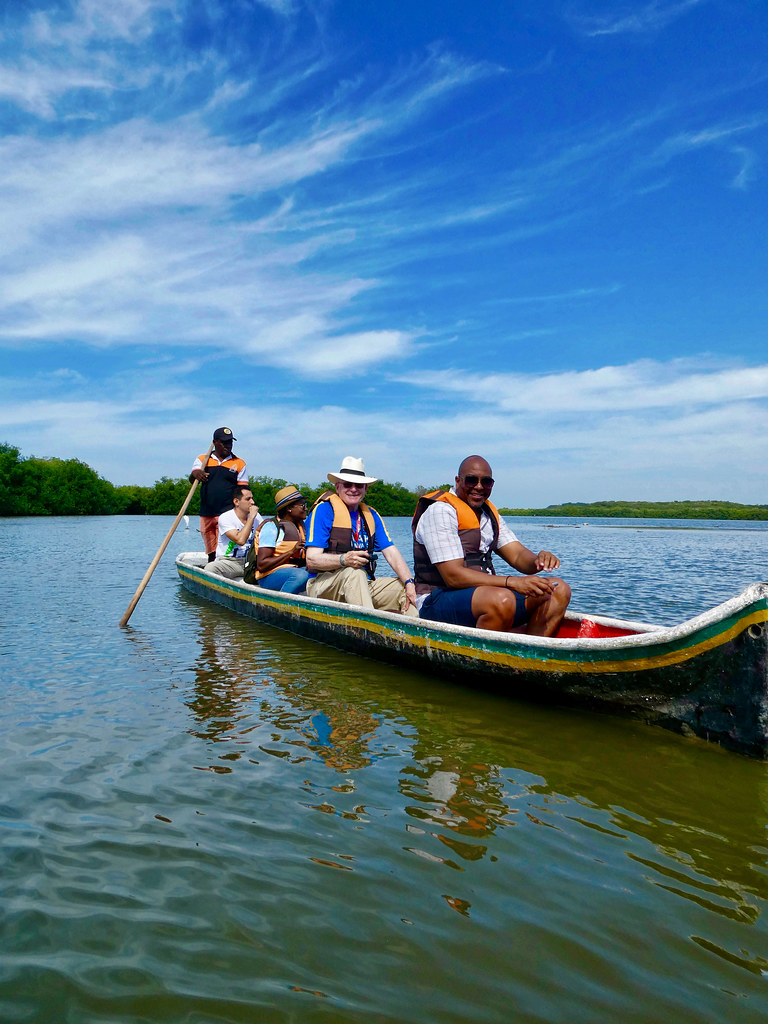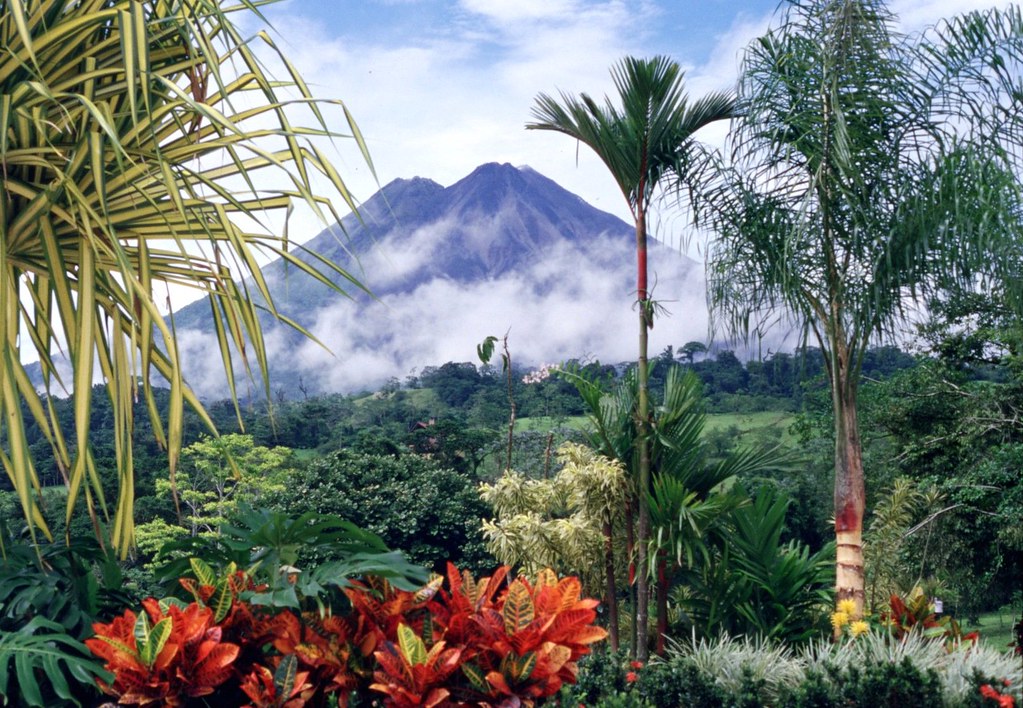When traveling and on vacation, people are relaxed and disconnected and tend to put aside good eco-citizen habits they have learned at home. Yet, even far away from home, eco-gestures to limit our ecological footprint while on vacation – yes, even on holiday – may well follow us… Because it doesn’t cost much!
Here we go:
1. Limit the use of the car

During the vacations, we have more time than the rest of the year, so let’s make the most of it! For short trips, like picking up croissants in the morning or going to the local market, prefer walking or cycling.
If you go on vacation and stay in American territory, ask yourself if it is indispensable to take your car. Can you get there by train, bus or boat? On the spot, you will always have the solution to rent a car or use car-sharing services if you need it more punctually.
If you go to your vacation destination by car and there is still unoccupied space in your vehicle, don’t hesitate to offer to carpool!
2. Offsetting your greenhouse gas emissions
Although air travel is still essential to reach distant destinations quickly, this means of transport remains hugely polluting. It’s enough to get your ecological footprint off the ground on vacation, despite all the effort you put in daily.
Fortunately, travel agencies have found a way to counterbalance this phenomenon. They offer their clients to offset their CO2 emissions by donating part of the amount paid for their trip to finance environmental projects such as reforestation or the development of renewable energies.
Alternatively, you can also choose to offset your emissions during air travel by yourself on the myclimate.org website by proportionally financing climate protection projects in developing and emerging countries.
3. Limit your water consumption
Between the usual consumption for hygiene and cooking, watering, swimming pool, etc., a tourist uses an average of 880 liters of water per day!
If the use of water is unavoidable and vital, it is possible to limit its consumption. For example, if you stay in a hotel for a few days, you can tell the staff that you don’t need clean sheets daily to avoid wasting water. After all, you don’t change them every day at home, do you?
4. Choosing the right hotel

You can encourage responsible behavior by inquiring about the practices of the hotel where you plan to stay. For example, does the hotel management have any policies and measures to address wastewater? Here, you can choose among labels such as Green Globe, Green Key, Earth Check, Travel Life, and Biosphere Tourism, among others which guarantee excellent environmental considerations in their processes.
The “Green Key” label, for example, is based on 7 environmental criteria, awarded and re-evaluated each year:
– General environmental management: compliance with legislation, social responsibility, employee training, etc.
– Water management: purchase of specific equipment, rainwater recovery, etc.
– Energy management: low-energy light bulbs, reduction of consumption, etc.
– Waste management: reduction at source, selective sorting, etc.
– The use of environmentally friendly products: responsible sourcing;
– The development of living spaces, especially for campsites: compliance with regulations in force…
– Environmental education of tourists and employees.
5. Exchanging one’s house
This practice is not only economical but also ecological! Why is this?
You make optimal use of the existing accommodation by exchanging your house or apartment during vacations or as a co-vacation enthusiast.
In this way, you contribute to limiting what is called the “concretization” of tourist places, i.e., the excessive construction that disfigures the landscape and, above all, disrupts the natural balance.
Hope the above few tips help you to keep our planet cleaner. Please remember to share and comment on this post.


